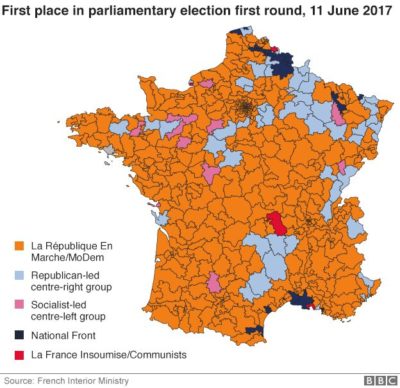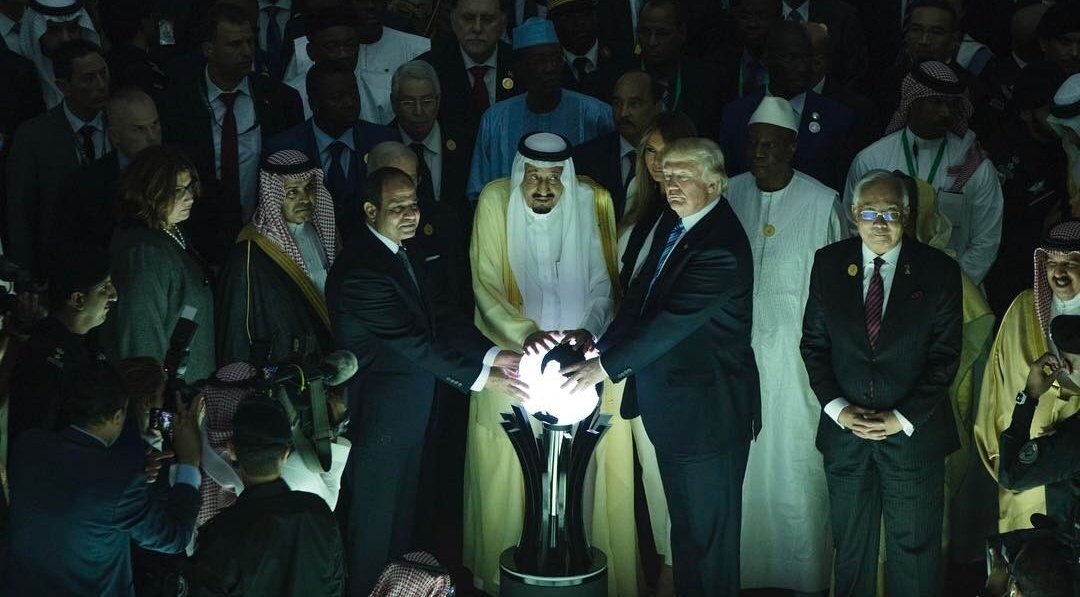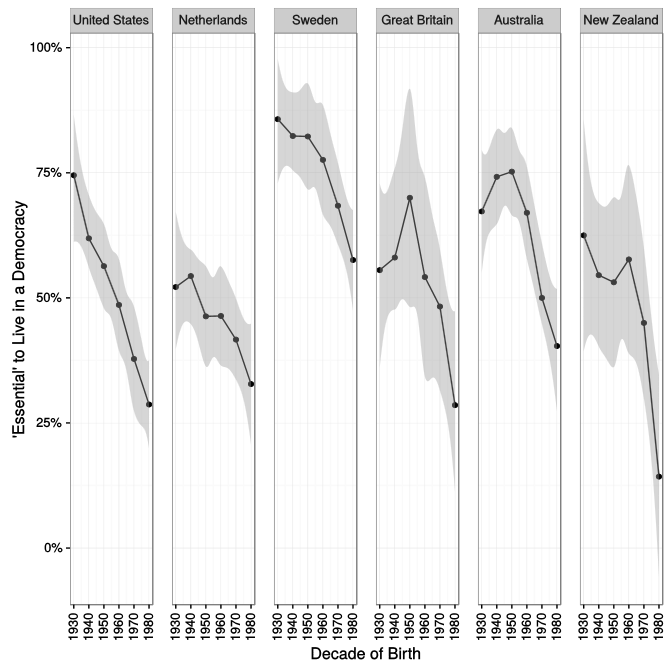It pains me to blog anything that might be misunderstood as pro-Trump, especially in this moment of quite terrifying saber-rattling at North Korea, but I do feel compelled to note that Trump’s otherwise bizarre thank you note to his model (and perhaps master) Vladimir Putin (see Trump Praises Putin Instead of Critiquing Cuts to U.S. Embassy Staff) might in fact have, however accidentally, some connection to reality.
I was immediately reminded of Charlie Peters’s famous account 1982 of When Less is More:
I LIKE TO RECALL the time the Czechoslovak government got mad at our then-ambassador, Ellis O. Briggs, and ordered two-thirds of our embassy staff to return to the United States. Briggs found that the remaining third constituted the most efficient embassy he had ever known.
I had heard of a few similar cases: When Bill Keller and Ann Cooper compared the American embassies in Morocco and Mali for The Washington Monthly, they found the latter, at less than half the size of the former, more efficient. When the District of Columbia reduced its garbage collection crews from four men to three, the result was not less but greater productivity. Such examples are, however, difficult to uncover because they are not the sort of truth bureaucrats yearn for the public to know.
So I was delighted to hear recently that the Japanese Foreign Ministry, among the world’s most efficient, is exactly one-third the size of our State Department. Indeed, the entire Japanese government has but 506,000 employes. Thus a nation with a population half the size of ours manages to make do with a bureaucracy less than one-fifth our own.
…
There is a simple solution to the slot problem. It is consolidation of jobs. Combine the distribution director’s job, for example, with that of another employe who also really works only half-time. That way you still can eliminate one employe, but you’ll be doing it in a way that does not harm your organization.
When I was working at the Peace Crops in the mid-sixties, it became clear that the headquarters was succumbing to the usual Washington tendency toward overstaffing, and I was assigned to look into the problem. What I discovered was that for each of the 50 or so countries to which our volunteers were assigned, we had Washington officials who were called program officers, training officers and volunteer support officers. These people spent most of their day in meetings with or writing memos or talking on the phone to one another.
We could have saved the time involved in these communications and in the bureaucratic squabbling that accompanied them by turning the three jobs into one. My suggestion to do just that was opposed with considerable passion by almost everyone concerned. The argument was that each job involved a different kind of expertise. But the truth was that the necessary expertise, as in the case of so much administrative work, was acquired on the job.
Still, I lost the argument…
Don’t get me wrong, if I had to bet I would say Trump’s comment was motivated either by a businessman’s (and self-professed gamesmanship master’s) instinct to say that his rival’s effective counter-move in fact causes no pain, or maybe by a more generalized desire to make nice with Putin. But facts are facts.
PS I am morally certain that the same bloat problem infects the modern university.
PPS It also reminds me of a great 1960s or 70s-era joke about the United Nations:
Supposedly the UN got concerned about all the American critiques of overmanning, so they hired management consultants to do a report about staffing needs in hopes of disproving them. A team of consultants thus went floor-by-floor interviewing everyone at UN HQ about what they did, starting from the bottom and working their way up. When they got to the 30th floor, they found an office that was absolutely empty except for two suited employees sitting at two bare desks with nothing on the desks except phones.
“What are you doing?” one consultant asked they guy on the left.
“Nothing,” he replied.
“And what are you doing?” the consultant asked the guy on the right.
“Same as him,” replied the other.
The consultants duly noted “duplication of effort” in their report.




